Notebook
-
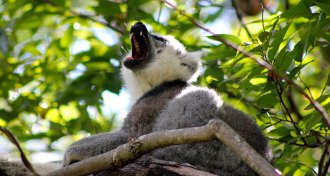 Anthropology
AnthropologyMinutes after encountering danger, lemurs yawn
Madagascar primates yawn within minutes of encountering threats.
By Bruce Bower -
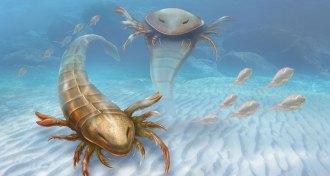 Paleontology
PaleontologyEarliest sea scorpion discovered in Iowa
Earliest sea scorpion discovered in impact crater in Iowa.
By Meghan Rosen -
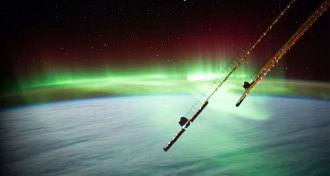 Planetary Science
Planetary ScienceThe sad magnetic state of the solar system’s rocky worlds
While a strong magnetic shield protects Earth from the sun’s occasional outbursts, the solar system’s other rocky planets are mostly defenseless.
-
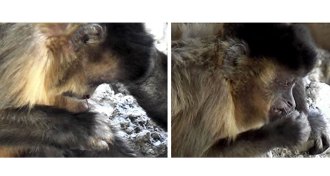 Animals
AnimalsA monkey uses a stick to pick its teeth and nose
A wild bearded capuchin monkey in Brazil was caught using tools to pick its nose and teeth.
By Erin Wayman -
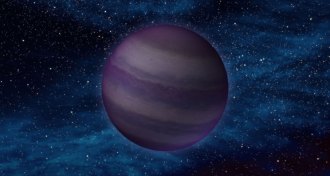 Astronomy
AstronomyTwo stars were once considered coldest known
Two stars once thought to be the coldest known are actually scorching compared with some truly frigid brown dwarfs.
-
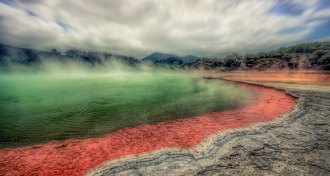 Earth
EarthMillions of dollars’ worth of gold and silver found beneath volcanoes
A jackpot of dissolved gold and silver discovered in reservoirs of hot water beneath New Zealand’s Taupo Volcanic Zone.
-
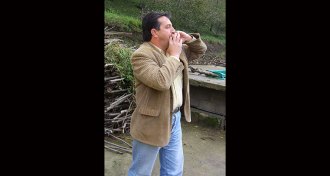 Neuroscience
NeuroscienceWhistled language uses both sides of the brain
Unlike spoken words, language made of whistles processed by both sides of the brain.
-
 Tech
Tech50 years ago, an automat began taking paper money
Ubiquitous today, vending machines that accepted bills were once considered exciting technological achievements.
-
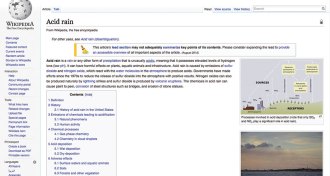 Science & Society
Science & SocietyContentious science topics on Wikipedia subject to editing mischief
Global warming and other politically charged issues are prime targets for sabotage on Wikipedia.
By Meghan Rosen -
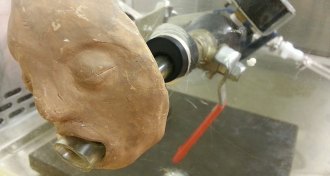 Health & Medicine
Health & Medicine‘Vomiting device’ sounds gross but it helps study infections
Scientists created a “vomiting device” to study how norovirus spreads through the air.
-
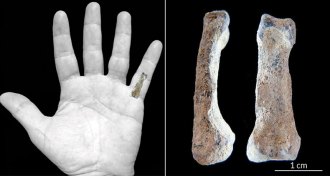 Anthropology
AnthropologyOldest humanlike hand bone discovered
Found at Tanzania’s Olduvai Gorge, pinkie bone is 1.84 million years old.
By Bruce Bower -
 Astronomy
AstronomyChoose Ninja, Cervantes or Rosalind as names for exoplanets
Names for 20 exoplanets are in the hands of a discerning online audience.